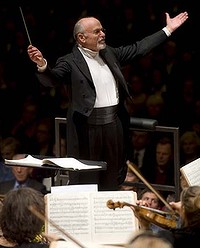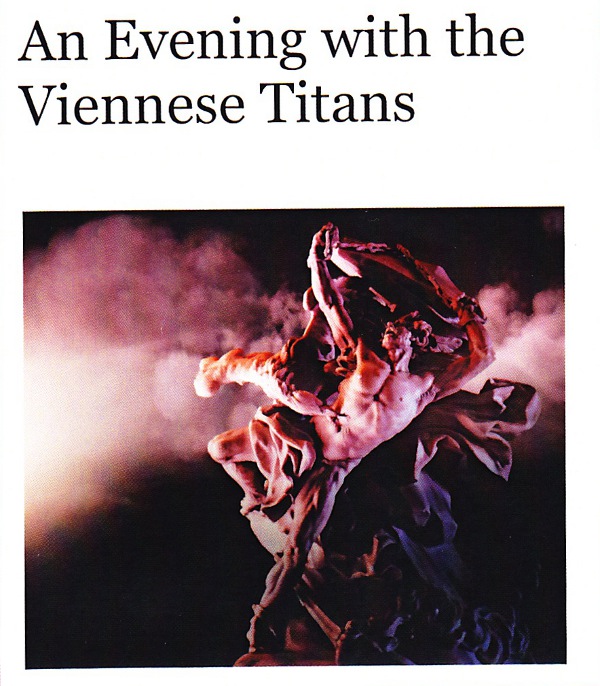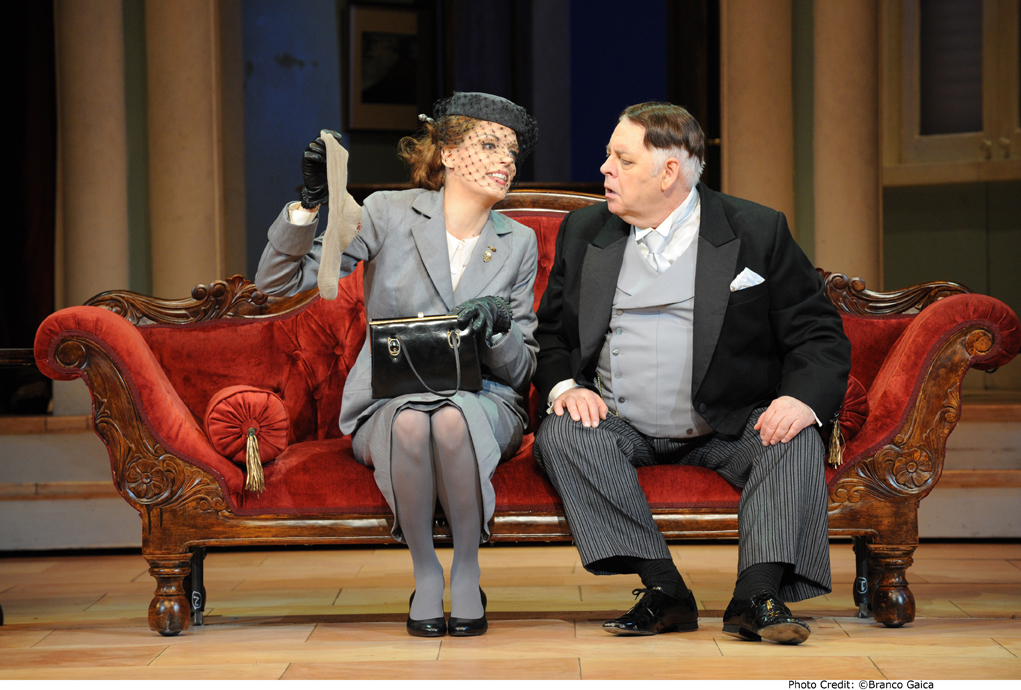Korngold the starting point for ‘The Silver Violin’: CD review

The Silver Violin (Decca) is the title of the 7th recording for the 25-year-old violinist Nicola Benedetti. It’s a well matched collection of original violin music written for the silver screen, performed by the 2012 Classic Brit Awards ‘Female Artist of the Year’. The CD is a fine demonstration of the breadth of Benedetti’s versatility and the brilliance of her technique, from the introspective, to the tango and the complexity of a violin concerto. She says “It communicates my very conscious effort to be thoughtful, creative and current with how I’m presenting CDs.” It represents her belief that classical music can be played as original works and still appeal to a wider audience without compromising ‘classical’ values.
Benedetti has taken as the starting point for this collection, Erich Wolfgang Korngold’s Violin Concerto in D major, opus 35. The Moravian born Jewish composer (1897 – 1957) was an established creator of ‘classical’ forms which included opera, songs, concerti and chamber music, when he was invited to work in Hollywood in 1934. The following year he was writing music for both Paramount and Warner Brothers. His association with film music continued for a decade, after which he reverted to composing for the concert hall. The violin concerto was written in this post-Hollywood period and is strongly influenced by that aesthetic. In fact, each of its three movements contain thematic material from Korngold’s film scores.
Other works by Korngold bookend the collection with his own transcriptions for violin, of the arias Tanzleid des Pierrot and Marietta’s Leid from his opera Die Tote Stadt . The CD’s opening statement comes from John Williams’ soundtrack to Schindler’s List, referencing events which critically changed Korngold’s destiny, forcing him to remain in safety in the US and compose the more lucrative movie music to support his family.
There are more tales behind the tracks on The Silver Violin . Gustav Mahler is represented with his Quartet in A minor, featured in the movie Shutter Island. Mahler had an irrevocable influence on Korngold’s future after hearing him play the piano at the age of 9. Declaring the young musician to be a prodigy, Mahler encouraged Korngold’s Father, Dr Julius Korngold, a respected music critic to have Erich taught by Alexander von Zemlinsky, who remained an influential figure in Korngold’s career.
Benedetti also draws on the music of Dmitri Shostakovich (1906 – 1975), a contemporary of Korngold, who led a similar albeit more terrified life of refuge. His music makes three appearances with excerpts from his scores to The Gadfly and The Counterplan.
In planning the album, Benedetti explains, “I hope that the right combination of substance, quality and accessibility can help to introduce new people, especially younger people, to something that they might have thought was not for them. As a 21st-century classical musician, I am trying to discover where classical music fits into people’s lives and how best to expose them to it. Nowadays, film is often people’s only exposure to purely instrumental music, so making the connection through film seemed an obvious and effective link.”
Also in the collection are Carlos Gardel’s fiery tango Por una cabeza used in Al Pacino’s The Scent of a Woman, recorded as it was played in the movie by strings, piano and accordion; Benedetti also revisits Howard Shore’s Golden Globe-nominated score for the thriller Eastern Promises, for which she herself played the solo violin on the original soundtrack. “Some of these works, like Schindler’s List, are modern-day scores that feature the violin so heavily that it would be absurd not to include them,” says Benedetti. “Howard Shore’s music for Eastern Promises is perhaps less famous, but he is a master of capturing the core emotion of a film, and this score is full of nostalgia and fear.”
It’s been a busy year for Benedetti, who at 16, was named 2004 BBC Young Musician of the Year. This year too she has gathered several high profile affirmations of her talent: The Silver Violin went to #1 on the UK classical chart and to # 32 on the UK pop chart. She performed at the Last Night of the Proms – always a special event at London’s Royal Albert Hall with tenor Joseph Calleja and even performed at T in the Park, Scotland’s biggest festival of rock and pop music.
The Silver Violin is the latest of a string of recordings that began in 2005 with Deutsche Grammophon releasing a performance of Szymanowski’s Violin Concerto No 1. DG followed this with recordings of concerti by Mendelssohn (2006), and Tchaikovsky and Bruch (2010). Works by Vaughan Williams and Tavener, (Universal Classics and Jazz 2007), along with anthologies entitled Fantasie and Italia (Decca 2009 and 2011). Critic Fiona Maddocks in the UK Guardian reviewing Fantasie commented on the then 22 year old’s performance: “Benedetti has the technique, passion and energy to compete with the best.”
Benedetti performs with the Bournemouth Symphony Orchestra conducted by Kiril Karabits and an ensemble of instrumentalists playing the piano, vioin, viola, cello, accordion and cimbalom.
Shamistha de Soysa for SoundsLikeSydney©
Read our interview with Nicola Benedetti
The Silver Violin is available on the Decca label Catalogue number 478 3529.







